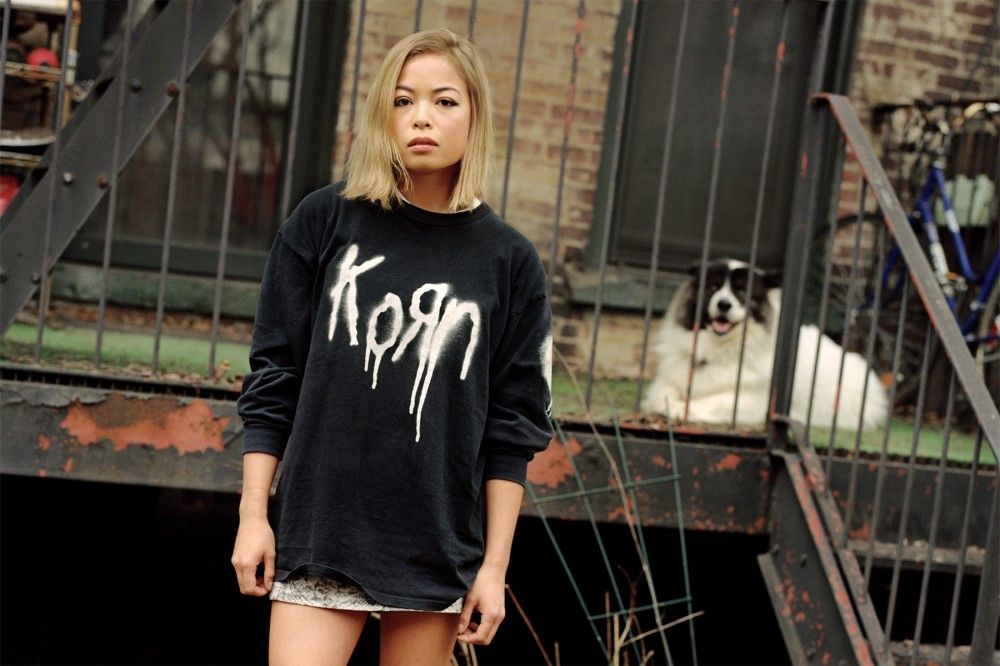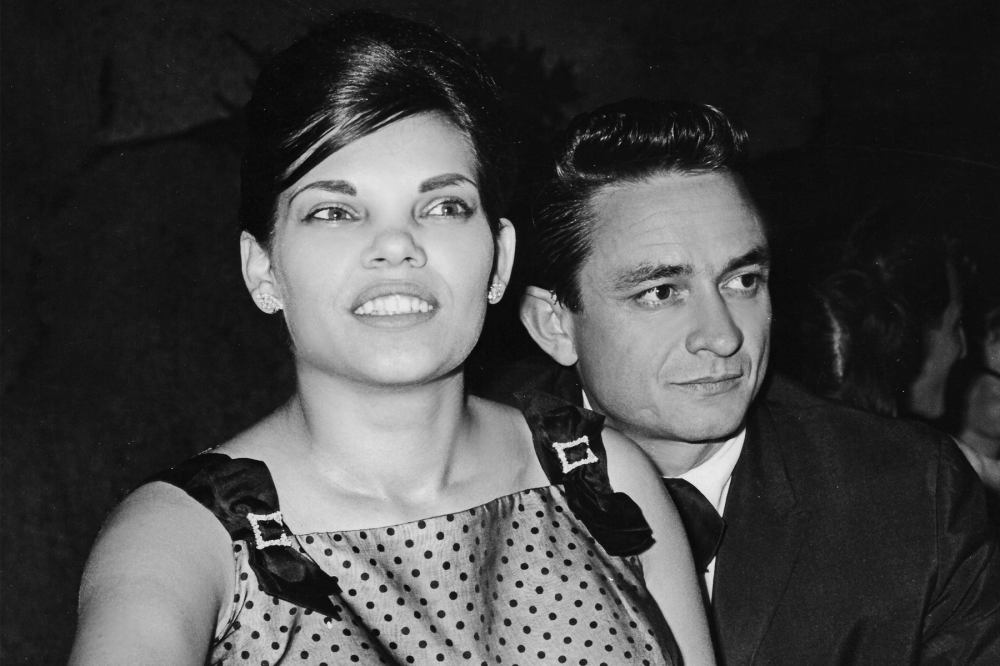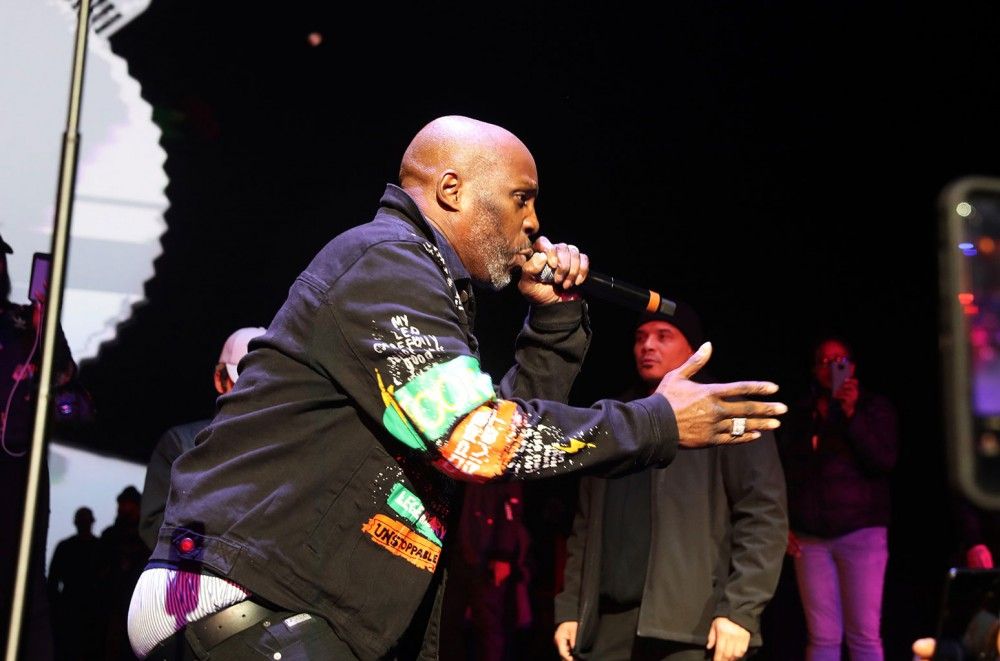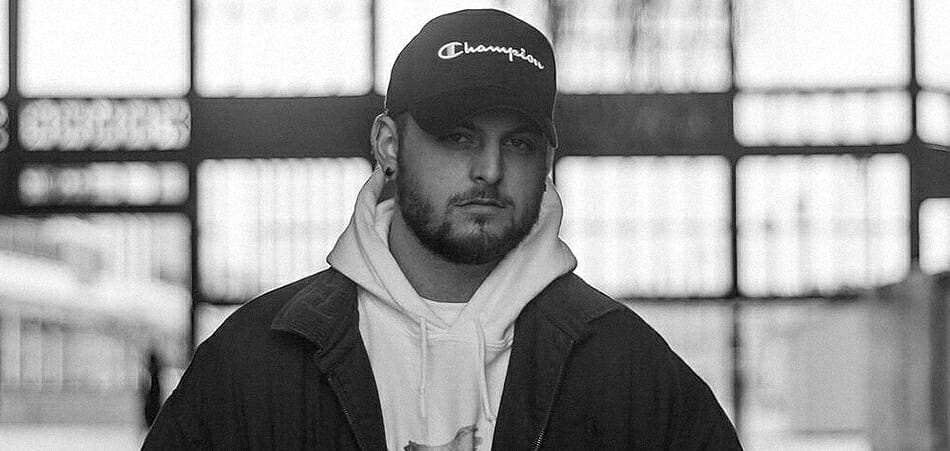
Jia Tolentino and the Art of Millennial Angst
Whenever she’s working on an essay, Jia Tolentino pretends nobody will read it. “I don’t know if it’s a self-protective impulse, or like a chip missing, but I tend to only think about making myself happy,” she says. “The reward is satisfying whatever itch made me write in the first place.”
But as an increasingly high-profile essayist for The New Yorker and the bestselling author of 2019’s Trick Mirror: Reflections on Self-Delusion — a now-seminal text for millennials stumbling through late-stage capitalism and social media malaise — it’s getting harder to pretend she’s writing into a void. “I’m kidding myself a little bit,” she says. “I need to kind of admit people read what I write.”
Tolentino, 31, started her career with the Hairpin before moving to Jezebel. A witty 2014 evisceration of the song “Rude” by Canadian reggae-fusion band Magic! forecast inventive Tolentino takes to come. “It’s the aural equivalent of a man listening to reggae for the first time in his race-car bed, slowly fucking the hole in a Kidz Bop CD,” she wrote.
“I stand by that blog post,” she says. “I hate that song.”
In conversation and writing, Tolentino’s thoughts — almost always candid and self-deprecating — seem to sprawl. A single essay roves from C.S. Lewis to DJ Screw to MDMA, but she spools them together into a big-picture theme. In Trick Mirror, she returns again and again to selfhood, and how our identities are warped by the constant performance and monetization of them in the internet age. “I just have this natural suspicion about any narrative we make up about ourselves,” she says.
The daughter of Filipino immigrants, Tolentino was raised in a Houston megachurch community, but says her parents gave her the freedom to follow her interests. “I never felt supervised, but I always had a ride to wherever I needed to go.” From early on, writing was how she processed ideas, she says. Sometimes a concept would snap into focus; other times she’d feel challenged. She wants readers to feel similarly destabilized — in a productive way. “I like it when writing can help you feel that you are capable of changing,” she says.
The success doesn’t seem to be going to her head — she’ll try to shut down any feelings of awe you might have for her by reminding you how much weed she smokes. The comparisons to Joan Didion are flattering but make her uncomfortable. “I think it’s just because she wrote about systemic dread bubbling up, and so do I,” Tolentino says. “The joke I started making on the book tour is that it’s a disservice to both of us, because she’s a better writer, but I’m obviously a way better hang.”
Rolling Stone talked with Tolentino about the overwhelming success of her book, the allure of self-optimization, and why she’s staying online.
The 2016 election galvanized you to write the book, is that right?
Yeah, I was not into the idea of writing a book at all until all of a sudden I very much was. Basically, I was like, “I’m going to be anxious and unhappy for the next four years, and one way to channel all of this into productive use is to just write a book, because then you’re anxious for a good reason.” It felt like the right time to hunker down and try to do something with my brain and see if it could be useful to me or anyone else.
You seem surprised by the reception the book has gotten.
I’m so surprised. I was talking about this at the Strand bookstore]. I was like, “You all have 1,200 copies of this fucking book? What?” My goal was just to write a book that I was happy with, and it was going to be a hard goal to meet anyway, because I am generally very dissatisfied. I was like, “Whew, finished the book. Think it’s pretty good,” and I didn’t think of anything that would come afterward. In general, I almost never think about the future. It’s partly a way of never being disappointed, and it’s probably a way of always being interested. Or it might be because I’m a stoner.
Also, I went to a fiction MFA program, and I’m so aware that books really don’t sell. It’s just so unlikely that it would be successful, because so few books are. But there’s probably another real reason underneath this that I haven’t thought of yet.
A reason you’re surprised by the book’s success, you mean?
Yeah, like maybe I’m trying to retain some sort of unearned naiveté or something. Maybe it’s just me not wanting to grow up.
One of the essays in the book that most stayed with me was “Always Be Optimizing,” about how capitalism convinces us we’re happiest spending all our money trying to improve ourselves as efficiently as possible, dressing in luxury athleisure-wear and eating $15 salads. Do you feel like you are still optimizing all the time?
This was a really genuine, existentially scary thing for me during the book tour. So much of the book is about monetized selfhood, and the self as a market asset. Optimization] is corrosive to everything that’s important about being alive, because everything good is inefficient. Love is inefficient. And on the book tour, I could feel myself being further monetizable. I could feel myself assetizing myself just by promoting the book, which I did believe in and wanted people to read, but I was like, “Will doing the thing that brings me the most meaning always bring me deeper into the clutches of this sort of capitalist selfhood?”
And I don’t know. You think that you’ll gain enough power and then walk away, but I’m not sure that I will. I think about this all the time. Because I always think about things in terms of desires, needs, and freedoms. It’s like, “What do I desire to partake in? What do I desire to reject? What do I need to partake in for survival reasons, and what am I free to say yes and no to?” And hopefully you do trade one for the other. You trade a little bit of participating in these systems to gain a little more freedom, and then you use that freedom to reject the things that you no longer need to do. I have tried to de-optimize since writing that, I think. In some ways.
What is your process? When and where do you write?
I’m profoundly unpicky, especially when I was writing the book. I would work literally anywhere, like waiting for my bag at baggage claim. I don’t think that I’ve ever felt that it was available to me to be in any way delicate about writing. I was like, “Well, I just gotta fucking do it.” I also basically used my book advance for a down payment on a cabin upstate. So when I really need to do something, I will get out of New York City and isolate myself for four days, and that usually helps.
In your writing, you are very generous with sharing details of your own life. Are there things you keep private?
Yeah, you can be really vivid about, like, four memories, and people will think that they’ve seen your entire life, you know? There’s definitely things I haven’t written about for various reasons. I think it’s because, being this age and having grown up under various regimes of voluntary and involuntary surveillance, it’s very important to me to keep certain things hidden.
Do you think your ideas about feminism have changed a lot since you were younger?
I think maybe my attitude in college was almost an unarticulated post-feminism, like, “Why do I need this ideology? Why do I need to name and jargonize this when I have grown up knowing that I could do anything I wanted, and knowing that sexism was there, but that we were working it out already?” And then after I graduated, feminism just became the language of women’s writing on the internet because of places like Double X and Jezebel. I was reading them, and I just slowly realized that, in fact, this medium was where my interests lay.
I think I’ve always recoiled against that hyper-jargony feminism that deadens certain words, like “emotional labor.” Or even the overuse of the word “patriarchy” drains it of its real and necessary power. So I’ve always kind of flinched against lockstep or certainty. One thing I’ve always been conscious of is the right to disagree and the necessity of disagreement within feminism.
Who are your biggest writing influences or heroes?
I try to avoid totemic thinking in as many respects as possible. But I would say I definitely have certain writers I respond to extremely strongly, and I’d say Zadie Smith’s nonfiction and Rebecca Solnit’s nonfiction, I’ve responded to them both really strongly. I think that I just read so much, I’ve been influenced by everything I’ve read in some way. I’m like a vacuum. I think it’s all seeped in somehow.
What music has inspired you recently?
I love listening to Talk Talk’s Spirit of Eden. It sounds like what it feels like to have a new thought. It’s my favorite album to listen to in the spring. Its first song, “The Rainbow,” there’s this bloom in it that sounds like something coming to life. I wrote the book while listening to a lot of Kamasi Washington, and Caribou, I guess. I’ve been listening to a lot of Big Thief lately.
Do you listen while you’re actually writing?
I used to, and I basically can’t now, and it’s really depressing. I often have to think in silence, which really sucks. Like, my days are less pleasurable.
Do you ever think about going offline? It’s certainly helped your career, from developing your voice blogging for Jezebel to building a social media fan base that now numbers near 150,000 followers on Twitter. But your career’s huge now, if you wanted to opt out of social media you probably could.
I could still have my job, easily. I’m on my phone way too much, for sure, objectively, but I’m actually not on it as much as my presence when I’m on it would suggest. I’m either really, really in it or I’m really, really not. When it’s time for no internet, it’s time for no internet. I have no trouble. But I mostly enjoy social media. I have blockers that restrict my use before bed and in the morning. I have a time limit during the day. I’m not on it for long enough to get that horrible feeling anymore, when you can’t read a page of a book without wanting to check Twitter. I think if I started having a bad time, absolutely, I would get off social media, but I have a good time on the internet.
So what’s next for you?
I don’t know. The book was literally the first time ever that I forecast my life even two years out. I always operated on the strategy that the future is super uncertain, so you just work really hard and hope that you stumble upon something satisfying, and that’s it. So I’m new to it. My friend Emma and I are working on a screenplay; like all journalists, I’m inching into that world a little bit. And while I was traveling, I had an idea for another book, and I was like, “Great, I’ll sit on this idea for a minimum of two years.” Like, I have no interest in writing another book anytime soon, but I’m sure that I will.
This interview has been edited for length and clarity.



